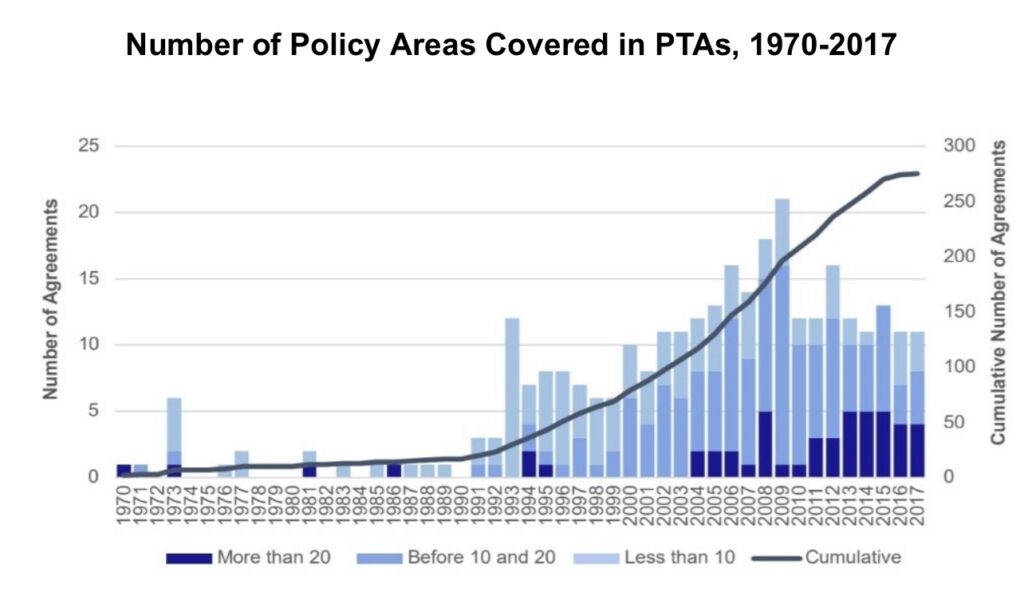TRADE RECOVERS BUT LOGISTIC BOTTLENECKS PERSIST
World Bank has releases the latest issue of its newsletter, ’Trade Matters’.

These are some of the headlines from the latest ’Trade Watch’:
- Global merchandise trade continued its robust recovery from the shock of the COVID-19 pandemic. As of July, 2021 exports and imports exceeded their pre-pandemic levels by about 15 percent.
- Trade in services continued its recovery, which started in the third quarter last year, but is yet to regain pre-pandemic levels. At the end of Q2 2021, trade in services stood at 10 percent lower than that for Q2 2019.
- Among services, travel continues to remain particularly affected by the pandemic. The number of commercial flights at the end of August 2021 was 25 percent higher than for the same period last year, but 30 percent lower than August 2019.
- Global supply chains are experiencing unprecedented disruption, with no end in sight. At the core is trade demand overshooting pre-pandemic level, while shipping and logistics face operational disruptions which cannot be compensated by moving more ships, since no slack capacity is available.
While multilateral trade negotiations have stagnated and tensions between major players have surged, bilateral and regional trade agreements have become more popular.

Today there are over 300 regional trade agreements, up from just 50 in 1990. Moreover, many of these agreements have extended their reach well beyond tariffs, aiming to achieve integration beyond trade – deep integration. A new eBook – The Economics of Deep Trade Agreements – from the World Bank and CEPR focuses on the determinants of deep trade agreements, how they affect trade and non-trade outcomes and how they may shape trade relations in a post-COVID-19 world.
Trade costs vary significantly across countries but in emerging markets and developing economies (EMDEs) these costs are high: On average, they double the price of internationally traded goods over domestic goods. Consequently, trade costs diminish the volume of trade, reducing the gains from trade for an economy as they translate into lower prices for exporters and higher prices for consumers. Trade costs in EMDEs could be halved by a reduction in shipping and logistics costs, and cumbersome trade procedures and processes, both at and behind the border. Research by the World Bank shows that a comprehensive reform package including trade facilitation measures, deeper trade liberalization, efforts to streamline trade processes and clearance requirements, better transport infrastructure, more competition in domestic logistics, retail and wholesale trade and less corruption could help spur gains from trade in EMDEs.
Source: WorldBank
You must be logged in to post a comment.